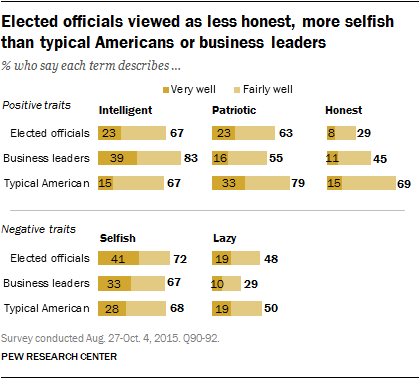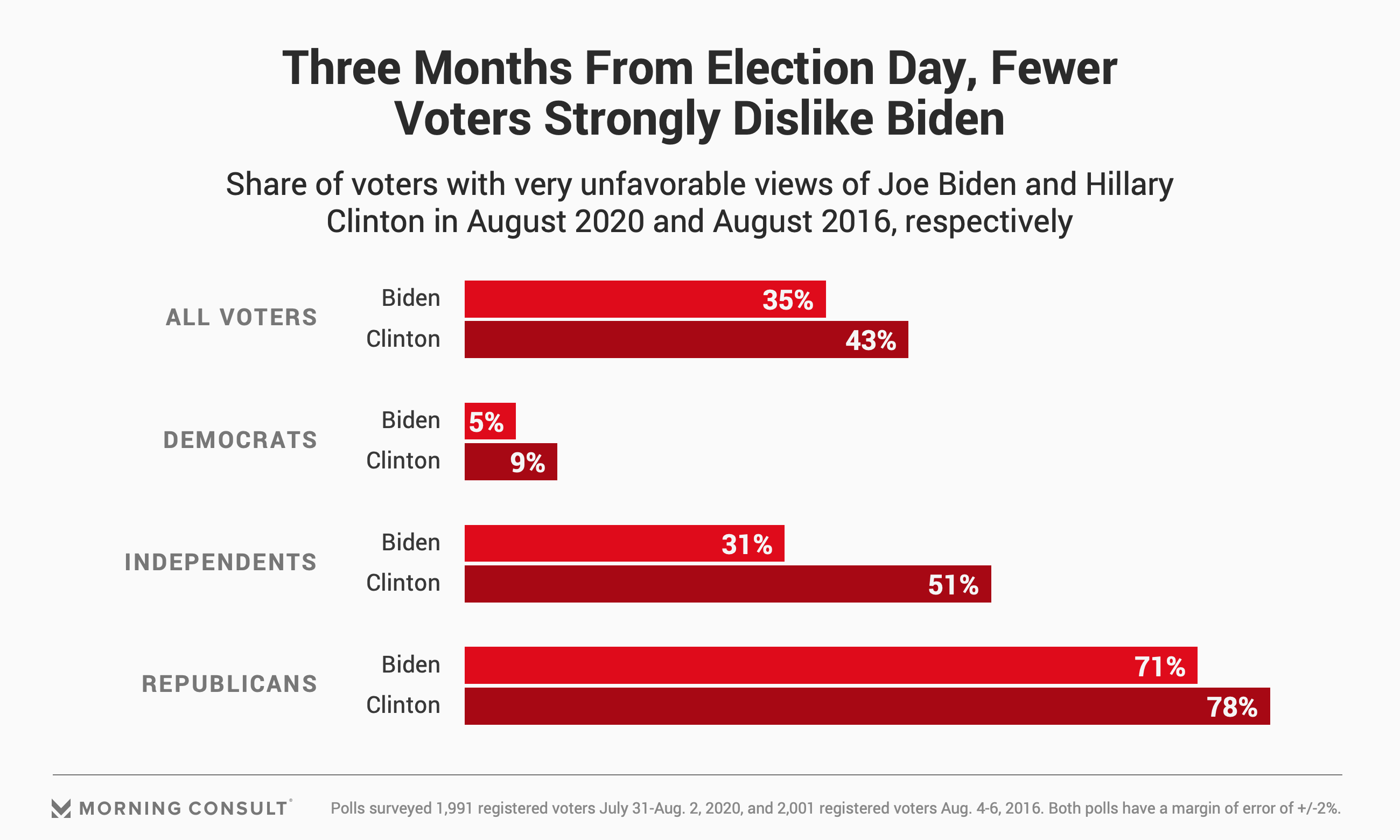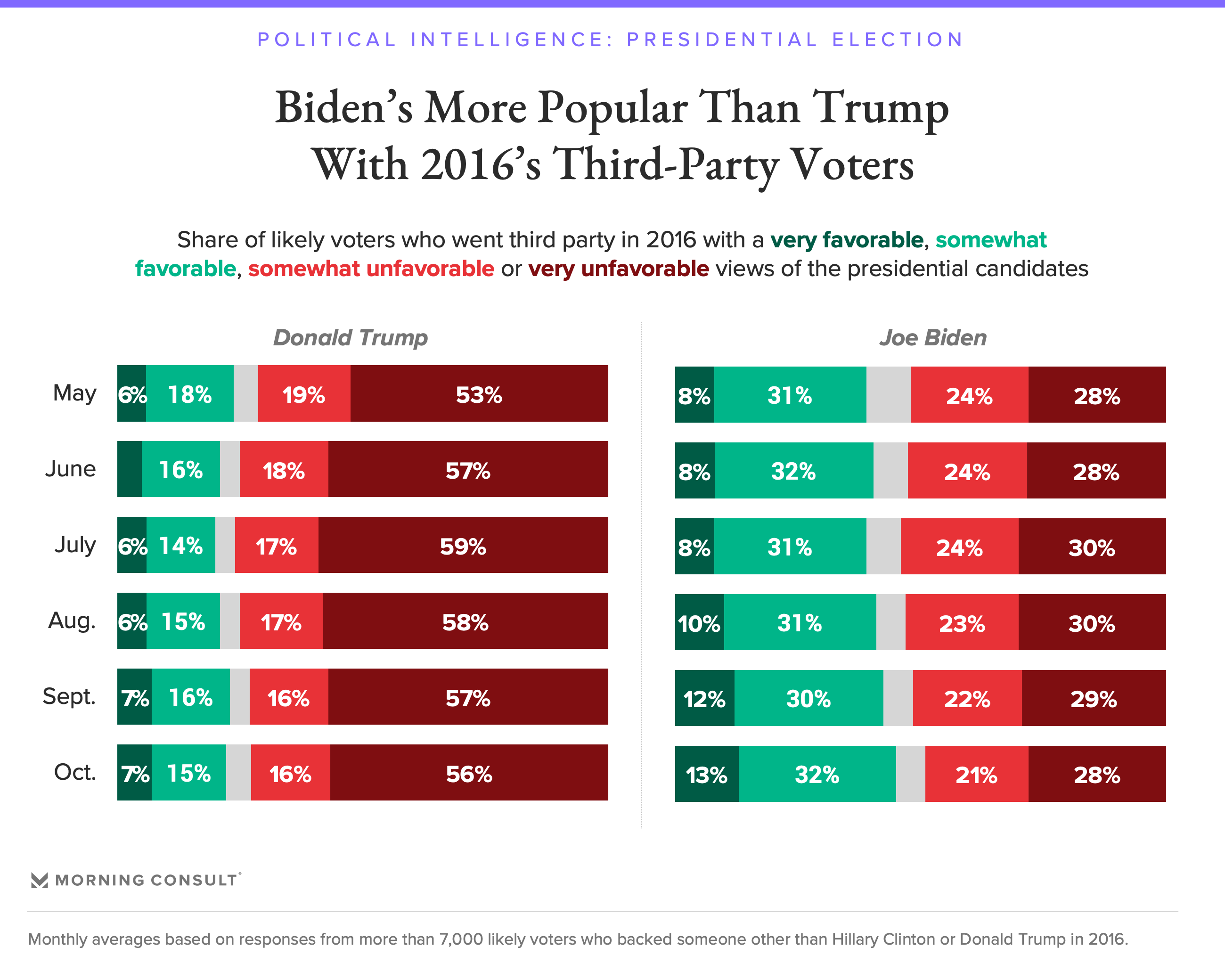Caveat: I am writing this on the afternoon of Thursday, November 05, 2020. The Presidential election still has not been decided, although President Trump’s chances seem to be getting weaker by the hour.
When all is said and done; when the lawsuits and recounts are finally over, and if Donald Trump loses the 2020 Presidential election, history will ultimately suggest he did so because he failed to win over 3rd party voters. As I type here on the 5th, a geographic map of results looks very similar to 2016 with a couple of exceptions: Wisconsin and Michigan. We are still waiting on Pennsylvania, North Carolina, and Georgia.
So, what happened in the upper Midwest. Why did Trump not prevail in 2020? I submit it was because former Green and Libertarian Party voters jumped respective ships, and mostly voted for Biden. Yes, Trump picked up some votes, but Uncle Joe got most of them.
Consider this: in 2016, the Libertarian candidate, Gary Johnson, got 279,010 votes in those two states, combined. The remaining ‘3rd Party’ candidates racked up another 160,222, mostly for Green Party candidate Jill Stein. That works out to be 439,232 3rd Party votes, or roughly 5.7% of the 7,775,434 votes cast in those two states.
For their part, President Trump had 3,684,827, or 47.4%, pull the proverbial lever for him, compared to 3,651,375 (47.0%) for Sen. Clinton. As I type here on the 5th, total 3rd Party votes in Wisconsin and Michigan have been 130,957, roughly 1.5% of the total. That is a 308,275 person decline from 2016, or 4.5% relative to the total number of ballots cast.
Of that 4.5%, 3.0% (66.7%) went to Joe Biden, compared to only 1.5% (33.3%) for Donald Trump. Yes, Trump got more votes in 2020 than he did in 2016. It just appears he didn’t get enough of the 3rd Party crossovers. Given the two largest 3rd Parties are the extreme left-wing Green Party and the sometimes head-scratching Libertarians, this isn’t terribly surprising.
Then, there is the curious case of Arizona. In 2016, Trump won that state with 48.67% of the popular vote. Sen. Clinton was only able to garner 45.13%. Fast forward to 2020, and Trump has remained about the same at 48.1% of votes cast. However, the Democratic candidate has mushroomed to 50.5%. As such, all of the relative decrease in 3rd Party votes went to traditional ‘left-side of the aisle.’ That is an absolutely huge shift, too huge even.
Again, as I type, no other states but these three have flipped from 2016.
Last week, at least one reader disagreed with my contention the, then, upcoming vote was as much a referendum on Donald Trump’s personality than anything else. He maintained it was about the President’s mendacity, corrosive personality, and corrupt behavior, which he (the reader) felt were destroying the democratic process and the rule of law in the United States. Fair enough.
Living where I live, I really don’t expect too much out of politicians, in aggregate. I anticipate many of them will say and promise things on the campaign trail which they have no intention of keeping. Further, I fully expect a not small percentage of officialdom will eventually profit from their positions in, shall we say, unsavory ways. To sum up a lot of Southerners’ views on politicians/politics, let me give you a quote from a friend of mine from Arkansas when discussing Bill Clinton some years ago: “Come on, Norris, we all knew he was a scoundrel. No one ever said he wasn’t, not with a straight face, but he was OUR scoundrel. Heck, I wouldn’t trust the man with a $5 bill, let alone my wife, but I voted for him for governor every time. Seriously, Norris, you don’t get to be President of the United States by being a choir boy.” Admittedly, that might not be verbatim what he said, but it is pretty darn close.
It is also pretty darn cynical, but it is cynicism based on personal experience, both direct and indirect. I suppose Southerners are, um, lucky to have more of this type of behavior from our officials than our Northern and Western friends. Then, again, maybe not.
Consider this chart/table from Pew Research:

In essence, it seems Americans don’t trust their politicians in general. So, they have to vote on something, right? Being the cynic I am, I really don’t believe we had such a heated campaign based on political platforms. Some social issues? Perhaps. The economy? Maybe. The coronavirus? Certainly, that was on people’s minds. But, the real issue? Biden is kind of likeable guy, really, and especially when compared to Hilary Clinton in 2016.
I pulled the following off of morningconsult.com: https://morningconsult.com/2020/08/11/biden-trump-clinton-favorability-2020-polling/
“President Donald Trump’s re-election campaign lacks an advantage that helped propel him to the White House in 2016: The president’s presumptive 2020 rival, former Vice President Joe Biden, just isn’t as loathed by voters as his opponent was four years ago.
A recent Morning Consult/Politico poll found 35 percent of voters view Biden very unfavorably, compared with 43 percent who said the same of Democrat Hillary Clinton in August 2016. The starkest difference in views — a gap of 20 percentage points — came among independents: 31 percent said they had a “very unfavorable” view of Biden, while 51 percent viewed Clinton very unfavorably around the same time four years ago.”

Now, let me start trying to tie all of this together. 3rd Parties and popularity, and all that jazz. So, why the decline in 3rd Party voters in 2020? Why the shift from 3rd parties to Biden, at least on a relative basis? Let me give you another chart from morningconsult.com:

You think all of that is policy driven? Perhaps, but I doubt it. Joe Biden simply was ‘more favorable’ to 3rd Party voters, and far more favorable than the 2016 Democratic candidate. Given the Libertarian economic platform and that of the Biden/Harris ticket, yeah, I don’t think this differential is all policy driven. So, I guess you could say the following: Republicans hated the Democratic candidate, and Democrats loathed the Republican. Independents and 3rd Party types liked Joe Biden more than Donald Trump, and that could likely be the difference.
Take care, and I hope everyone has a great weekend.

John Norris
Chief Economist
As always, nothing in this newsletter should be considered or otherwise construed as an offer to buy or sell investment services or securities of any type. Any individual action you might take from reading this newsletter is at your own risk. My opinion, as those of our investment committee, are subject to change without notice. Finally, the opinions expressed herein are not necessarily those of the reset of the associates and/or shareholders of Oakworth Capital Bank or the official position of the company itself.


